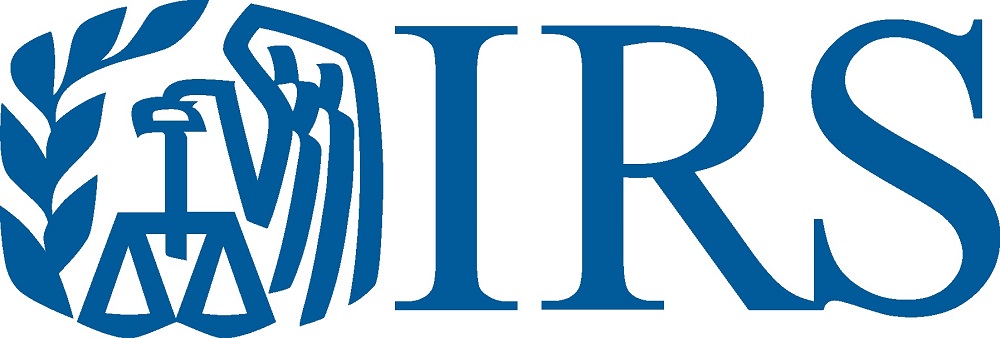CoinCenter, a leading industry advocacy group, announced that new Bitcoin tax reporting requirements will now go into effect on New Year’s Day (CoinCenter made them public the following day). The new rules require individuals who receive at least $10,000 worth of cryptocurrency to disclose transaction details to the IRS.
Additionally, taxpayers are asked for transaction and sender details (including name, address, and Social Security number). The information must include specific details such as amount, date, and nature of the transaction.
CoinCenter also stated that the new rules are self-executing, making them effective and enforceable automatically without any additional steps. The advocacy group warned that failure to file a report within 15 days of a transaction could result in potential felony charges.
According to the official IRS website, the existing rules apply to cash transactions over $10,000 and business and trade activities. Notably, the definition of cash makes no specific mention of cryptocurrencies or digital assets. However, the January 1 amendment changed this definition to incorporate digital assets under the Infrastructure Investment and Jobs Act passed in 2021.
CoinCenter vs. Treasury
In June 2022, CoinCenter took legal action against the Treasury Department. The lawsuit aimed to challenge the constitutionality of the newly enacted cryptocurrency law. Despite their efforts, Coin Center director Brito emphasized that the case is still ongoing and expressed uncertainty about compliance with the law. He said: “Unfortunately, at the moment there is an obligation to comply, but it is unclear how we can do so.”
Brito pointed out several potential obstacles to complying with these new regulations. “For example, if a miner or validator receives a block reward exceeding $10,000, who should they report their name, address, social security number, etc. to?” he asked. “If I receive $10,000 in cryptocurrency from an on-chain decentralized cryptocurrency exchange, who do I report it to? Also, by what criteria should we determine whether the amount of a particular cryptocurrency exceeds $10,000?”
He also raised concerns about the ambiguity surrounding anonymous donations to public addresses, such as Bitcoin (BTC) or Ethereum (ETH). “Who should the recipient consider the donor in this scenario?” highlighted the Executive Director, highlighting the unanswered questions facing the Treasury.
Lack of clarity from regulators
Highlighting the lack of clarity, Brito noted that the Internal Revenue Service (IRS) has not provided guidance on these important issues. He also pointed out that there is no form provided by the Treasury Department for reporting cryptocurrency transactions.
“The Secretary mandated the reporting of ‘cash’ using Form 8300, but did not outline the process for reporting through this form any cryptocurrencies that are classified as ‘cash’ under current law,” he said. “Currently, Form 8300 has been filed with both FinCEN (Financial Crimes Enforcement Network) and the IRS. Unlike physical cash transactions, you do not need to file Form 8300 with FinCEN because FinCEN does not have the authority to collect reports on cryptocurrency transactions.”
Brito also clarified that the law applies to both individuals and businesses. In a recent X post, he explained:
“This obligation applies not only to businesses, but also to individuals who receive more than $10,000 from a business or business operation. So, even as a solo miner, I fall under this requirement. Likewise, if I engage in day trading, this obligation applies regardless of my status as an individual.”
On compliance issues, the Coin Center Managing Director reiterated, “It is important to note that it is not only ‘companies’ but also individuals who must comply if they receive funds from a transaction or business activity.” He also emphasized that “even if I am an NFT (non-fungible token) artist without a formal corporate business, this requirement will still apply to me.”

